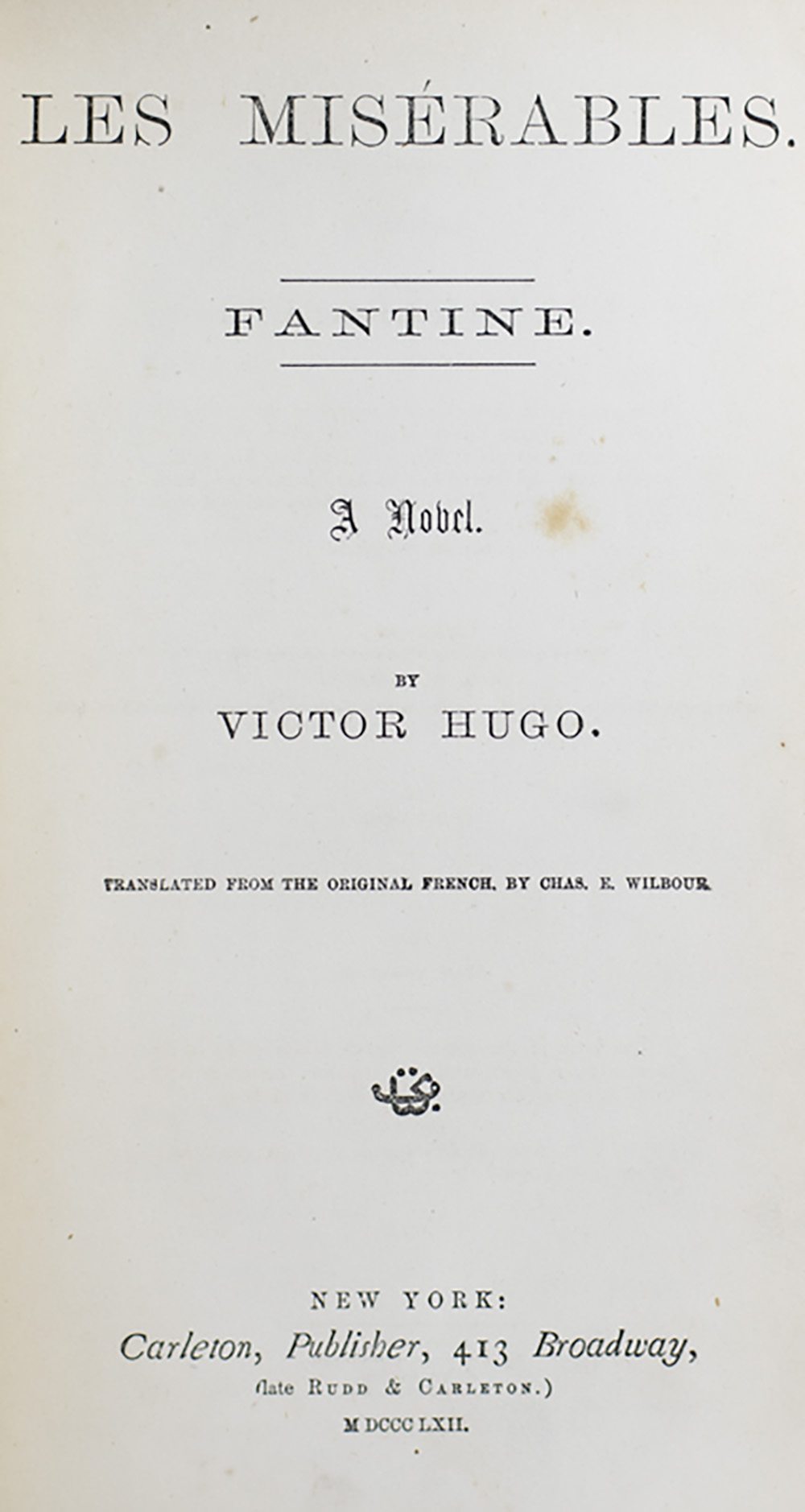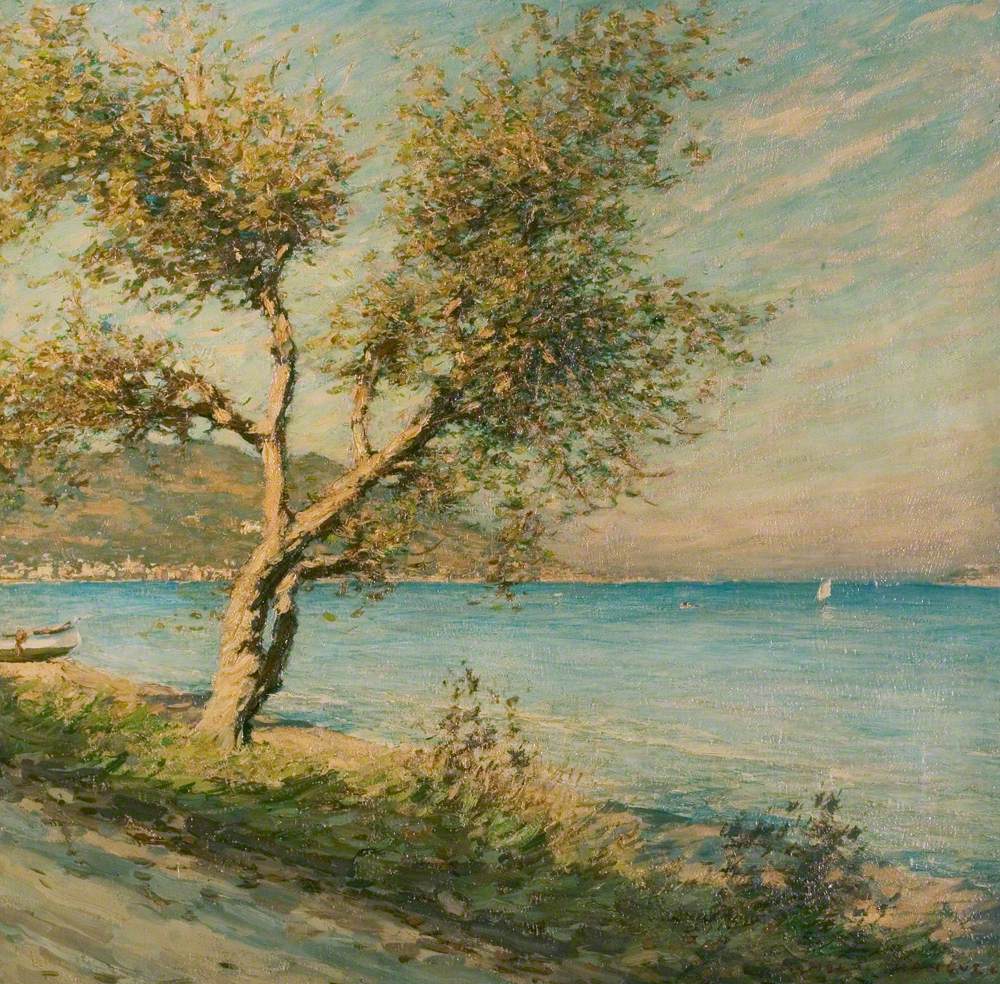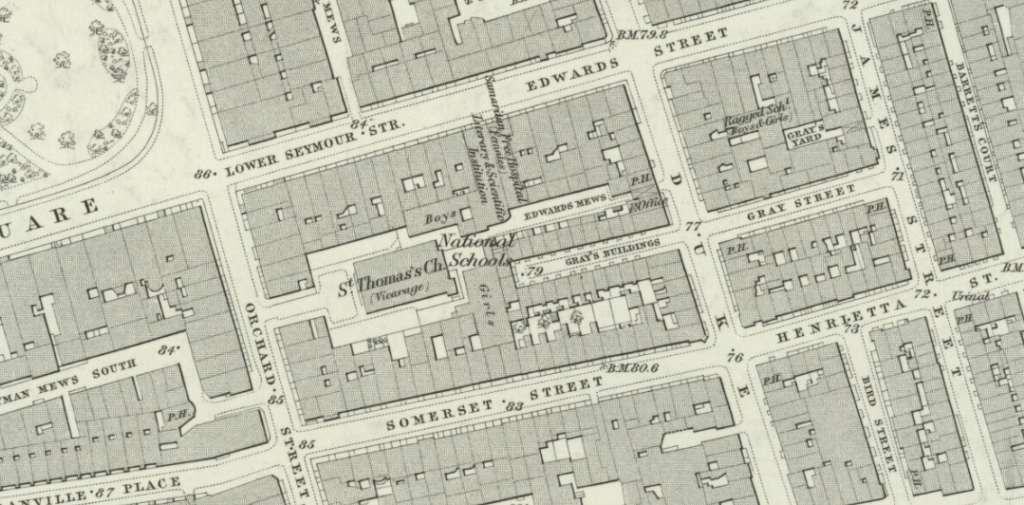Marion Owen (b. 1909): Home and Family Part I
Home and family life is one of the most important themes within Marion Owen’s memoir. She focuses on her life up until the death of her father when Marion was aged 22 so the majority of her memoir is written about her childhood memories, growing up in Brixton in the 1910s and 20s. David Vincent argues that when autobiographers write about their childhood it is ‘conditioned by a general acceptance […] of the impact of childhood on the formation of the adult personality’ (Vincent, 1980, pp. 230-231). This argument is proven within Marion’s memoir especially when she writes about her father.

Marion’s father, Christopher Arnold Hughes, ‘had been strictly brought up’ (Owen, p. 24). This meant that he used the same parenting techniques on his two daughters and thought the best way to encourage them to be better was ‘to slap them down at regular intervals’ (Owen, p. 24). Marion believed that he was wrong for doing this and it meant that her relationship with him was a very troublesome one as she found it hard to get close to him. Marion’s ‘sister had always been [Christopher’s] favourite’ (Owen, p. 41) but the treatment they both got from their father throughout their childhood left them with ‘deep seated inferiority complexes’ (Owen, p. 24).
Vincent’s argument is also shown in a positive way within Marion’s memoir as later in her life she realised that her father was ‘a much wiser man’ (Owen, p. 26) than she once thought. Christopher was a very artistically driven man and encouraged his daughters to engage with literature and they ‘owed him for directing [their] tastes upon the right lines’ (Owen, p. 24). Marion centres her memoir around her life until her father’s death so she may have written this as an homage to him to make up for their distant relationship.

Class plays an important role in Marion’s memoir as although she lived in a large house and was considered to be lower middle-class, her family faced severe financial struggles. Marion’s childhood home in Brixton had a ‘very large’ (Owen, p. 13) drawing room and ‘French windows’ (Owen, p. 13). In their garden they also had a ‘huge mulberry tree’ (Owen, p. 3) which was the centre of all their childhood games and was considered ‘home’ (Owen, p. 3) in a lot of them. Despite Marion being extremely young when she lived there she remembers her childhood home ‘affectionately to the present day’ (Owen, p. 2) showing the impact that it must have had on her.
According to the 1911 Census, the Hughes family also had a maid named Alice Lilian Geratty who lived with them. This shows that the Hughes family were definitely not working-class as they would not have been able to afford these luxuries otherwise.

Much like a lot of Britain after the First World War, the Hughes family faced serious financial struggles. Christopher was an expert in antiques and worked in a small, exclusive shop on ‘Lower Seymour Street’ (Owen, p. 9). After the war there was not a high demand for antiques meaning that Christopher struggled to find work. At the time Marion and her sister did not fully understand how serious the financial problems were and when the electric companies ‘cut off the light’ (Owen, p. 21) they thought it was quite ‘cosy’ (Owen, p. 21). As Marion reminisces on these times, she realised that ‘things had a habit of disappearing’ (Owen, p. 21) suggesting that her parents were selling their possessions in order to make money. Marion believes that ‘if children have a stable home background and are loved’ (Owen, p. 22) then material wealth does not matter.
As David Vincent argues, an autobiography is not a ‘reconstruction of the past’ but it is ‘an interpretation’ of events and an ‘analysis’ of how they have influenced ‘the individual’s personality’ (Vicent, 1980, p. 225). This is shown in Marion’s memoir as she reflects on her childhood from a new perspective. Marion is able to analyse events from her past including her relationship with her father and her family’s economic struggles. This shows the importance of memoirs in helping to understand how the past can shape you.
- References
- Owen, Marion. ‘I follow my nose: a potted autobiography’ Burnett Archive of Working Class Autobiographies, University of Brunel Library
- Vincent, David. ‘Love and Death and the Nineteenth-Century Working Class’ Social History (Vol. 5, No. 2, 1980, pp. 223-247)
- Image Reference
- Accessed (28/04/20)
- Accessed (26/04/20)
- Accessed (28/04/20)

Leave a Reply